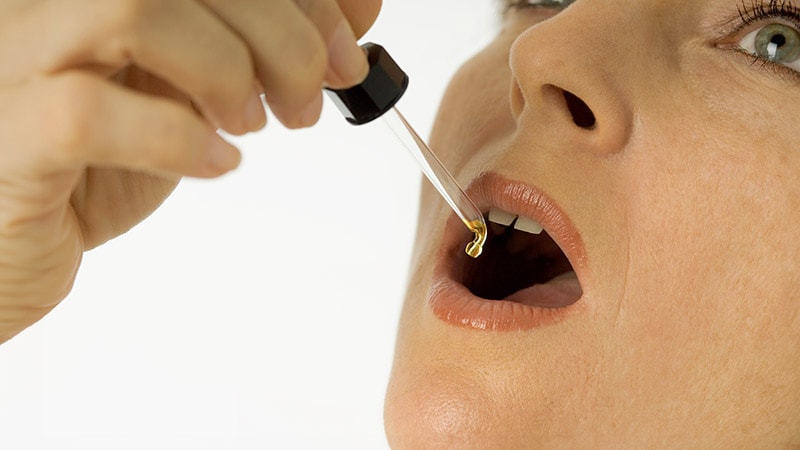Genetic and observational evidence suggests sex hormones have a causative role in the development of asthma. The research from the University of Bristol provides the first suggestive evidence of a protective effect of genetically elevated sex hormone-binding globulin (SHBG) on asthma.
In a study, published in Thorax, longitudinal data on SHBG, total and bioavailable testosterone, and asthma of 512 males in the Avon Longitudinal Study of Parents and Children were combined with genetic evidence of SHBG and asthma using two-sample Mendelian randomisation (MR), a method of causal inference.
The data provided weak evidence of a protective effect of increased circulating testosterone on asthma among males in adolescence, but no strong pattern of association with SHBG.
Genetic evidence using two-sample MR indicated a protective effect of increased SHBG, with an odds ratio for asthma of 0.86 per unit increase in natural log SHBG (95% CI, 0.74-1.00) for the inverse-variance weighted approach and an OR of 0.83 (95% CI, 0.72-0.96) for the weighted median estimator.
A sex-stratified sensitivity analysis suggested the protective effect of SHBG was mostly evident in females.
This is the first study to investigate the effects of sex hormones on asthma.
“Whether the effects of sex hormones are meaningful as potential intervention targets is unknown, and further work is required to disentangle the downstream effects of SHBG on asthma,” the authors say.


